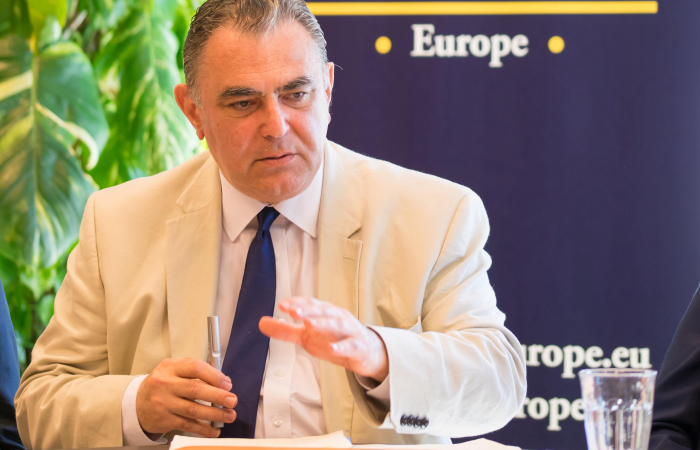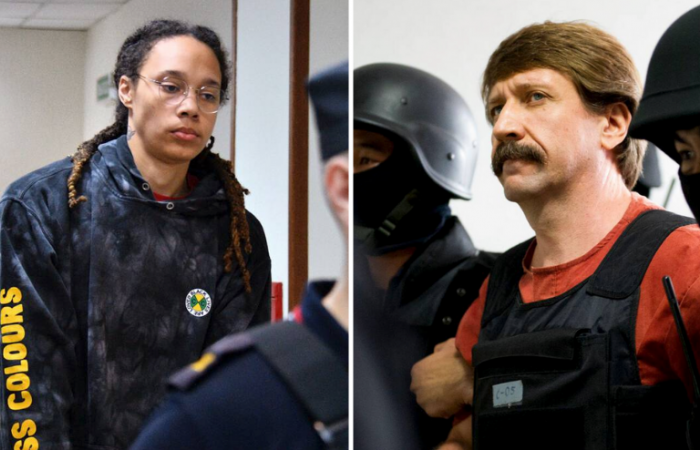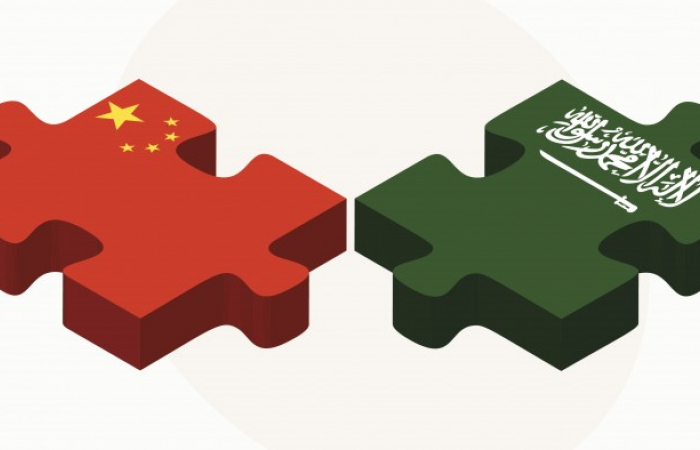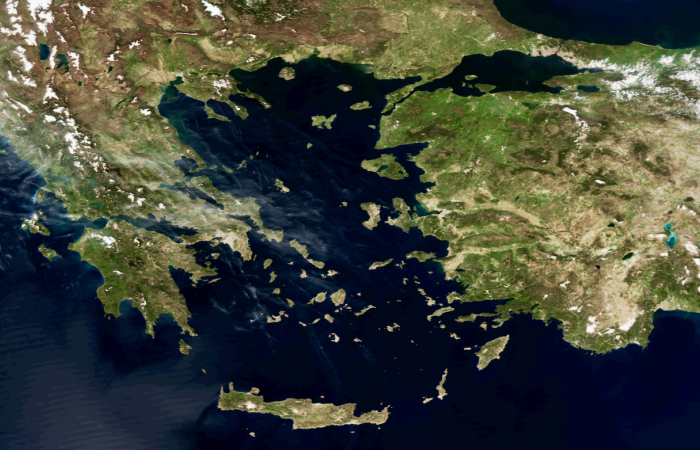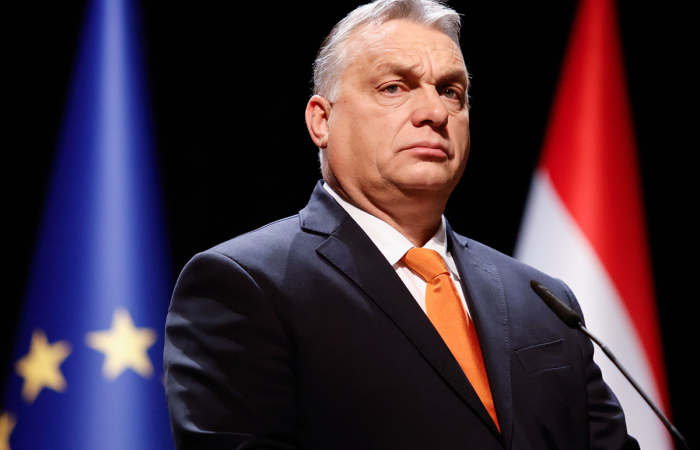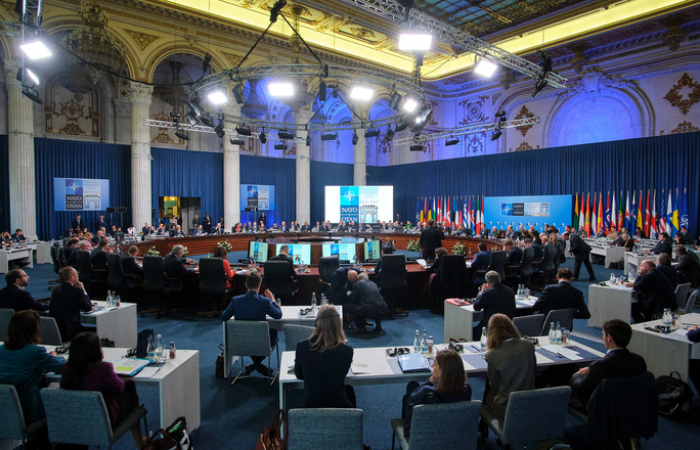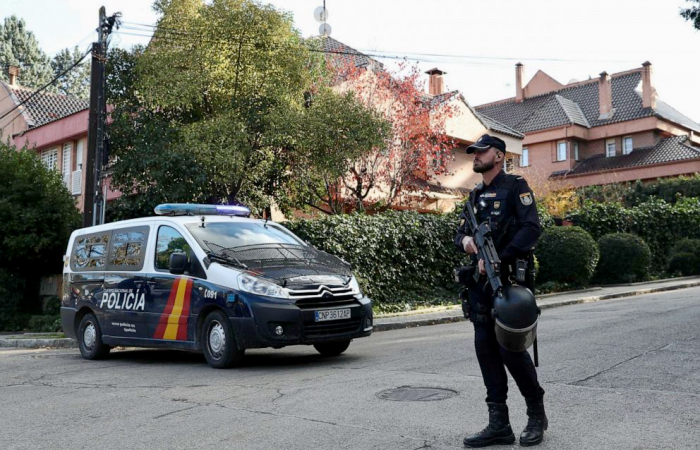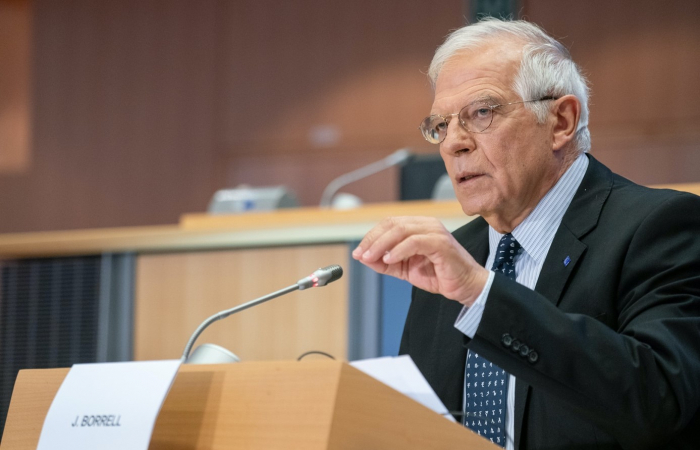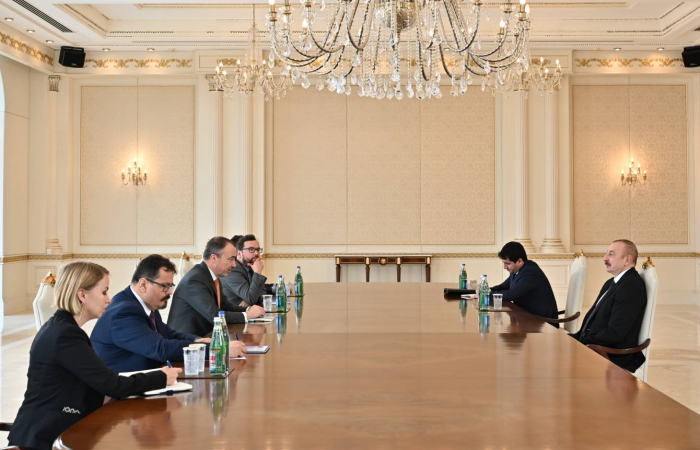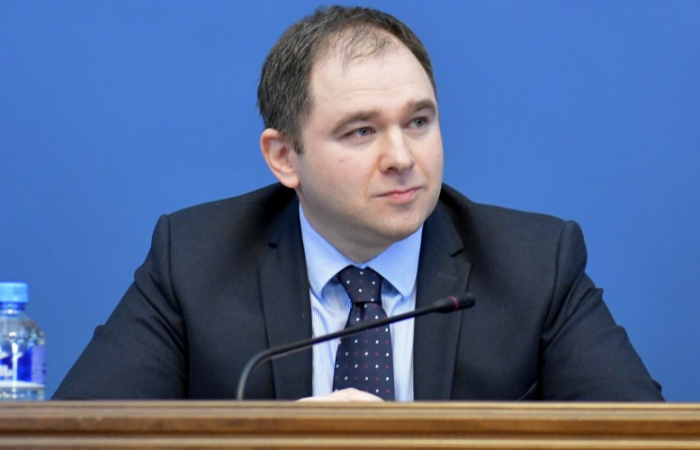Editor's choice
This is a members’ functionality. Please
Sign upInterview
Trending
Nikoloz Samkharadze: "Georgia does not have any hidden agenda other than having peace and stability in the South Caucasus"
23 November 2022
Prof. Dr. Nikoloz Samkharadze is the Chairperson of the Foreign Affairs Committee of the Parliament of Georgia. On 21 November 2022, during his visit to The Hague, Prof. Dr. Samkharadze spoke to commonspace.eu about Georgia's Euro-Atlantic trajectory, the Armenia-Azerbaijan peace process, Georgia's relations with Russia and Ukraine, and recent successes in Georgian rugby.
On the Armenia-Azerbaijan peace process, Prof. Dr. Samkharadze says, "Georgia has a very big asset in its hands, and this is trust and credibility in both the Azeri and Armenian capitals. Georgia is equally respected in Yerevan and in Baku, and equally trusted by Yerevan and Baku. And no other player around us, no big regional power, has the same trust and credibility. This is very important in the South Caucasus. As you know, we came up with the Peaceful Caucasus initiative, and this initiative is supported by both Armenia and Azerbaijan. Recently we have had very productive visits of high-level Armenian and Azerbaijani delegations in Georgia, and I believe that there is room for reaching a comprehensive peace treaty between Armenia and Azerbaijan. We will do our most, we will facilitate, we will mediate, because it is in Georgia’s interests to finally have long-lasting peace and stability in the region. I believe that our partners in Yerevan and Baku also know that we don’t have any hidden agenda other than having peace and stability in the South Caucasus. So we will play a very active role despite the fact that some of our neighbours might not like our activity in that regard."




